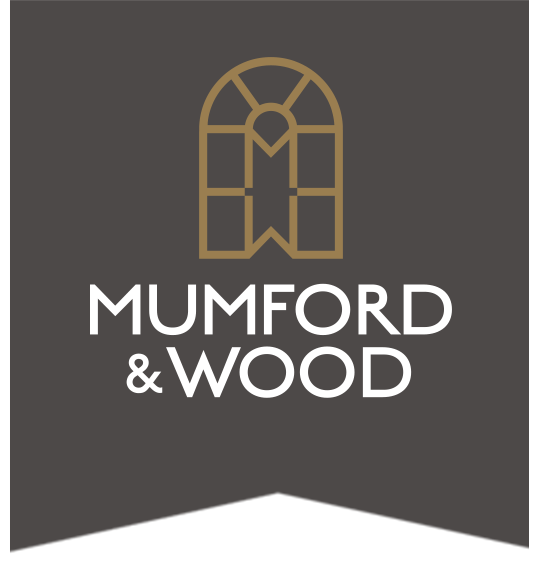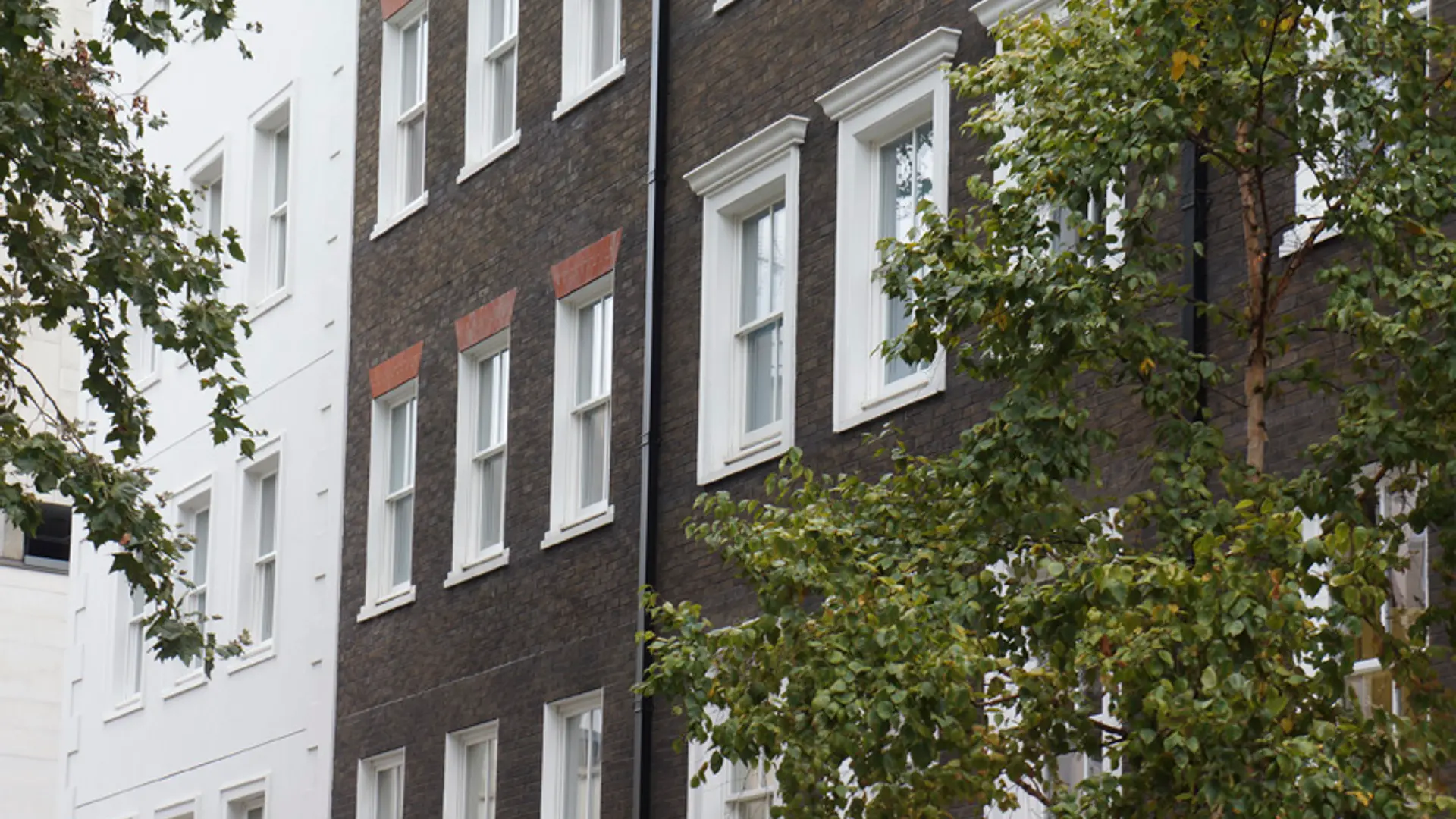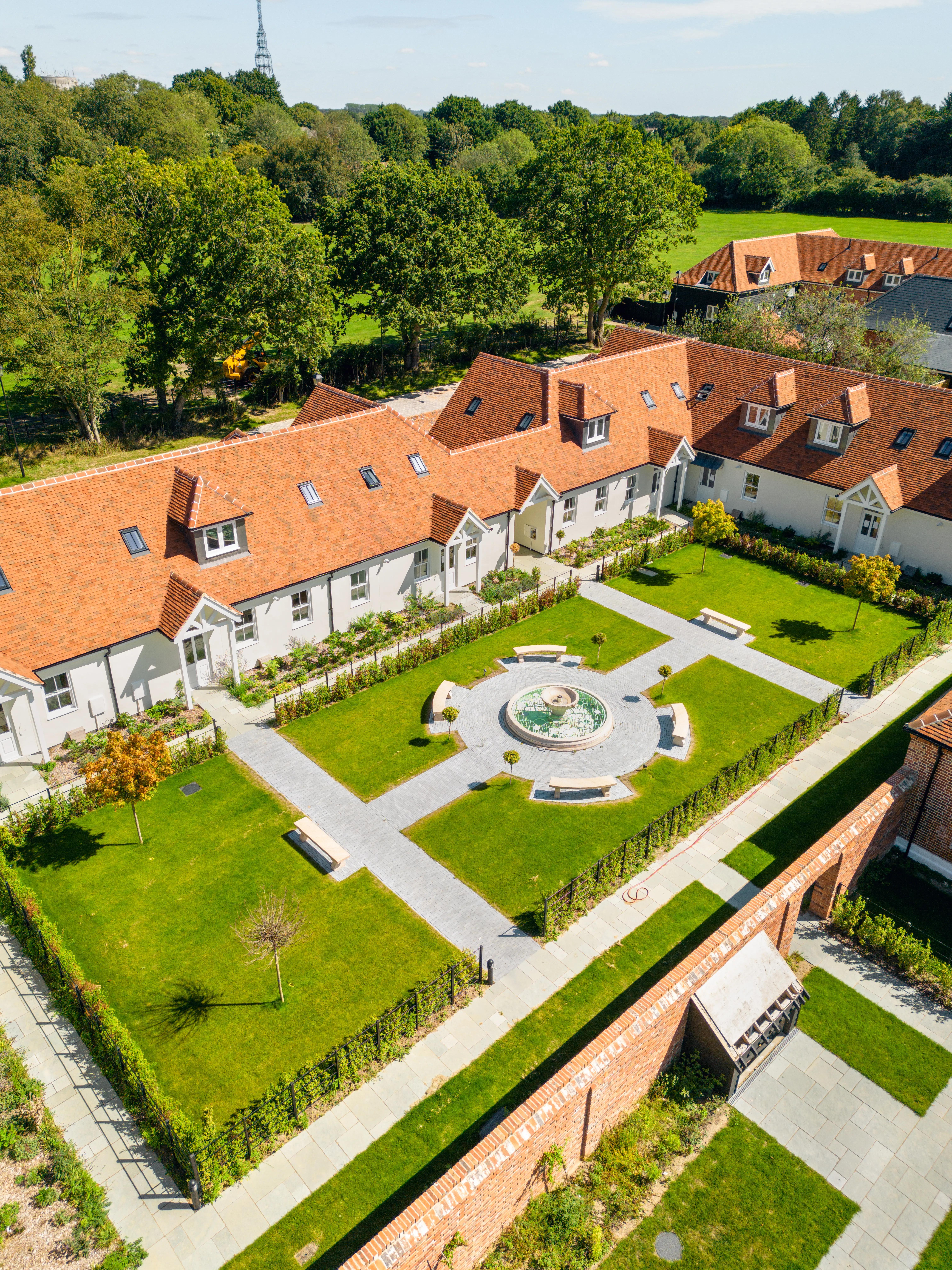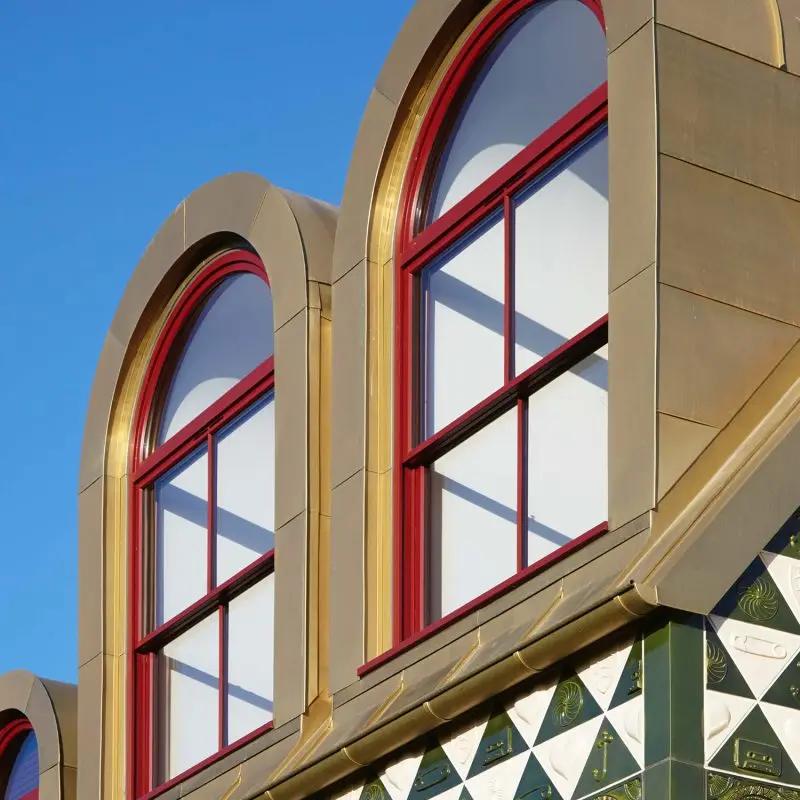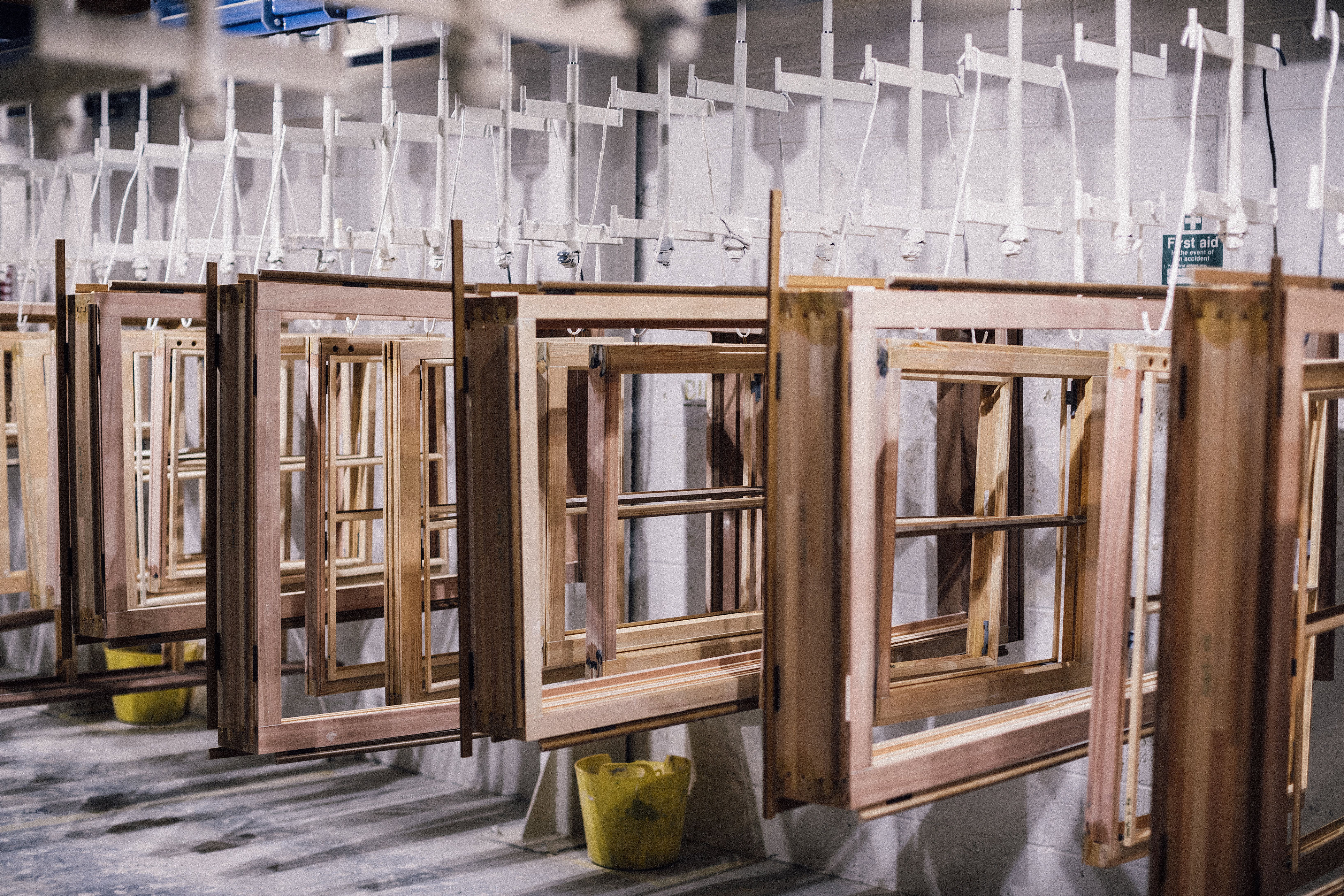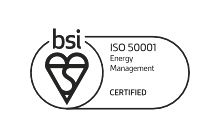As a builder or contractor, we understand that you need to weigh the pros and cons of timber, aluminium, and uPVC windows to determine which option offers the best balance of value and performance. The right choice impacts far more than aesthetics; it influences installation time, on-site labour costs, snagging issues, and long-term durability, all of which affect your bottom line.
This guide breaks down the options with side-by-side comparisons, giving you clear insights to support confident specifications.
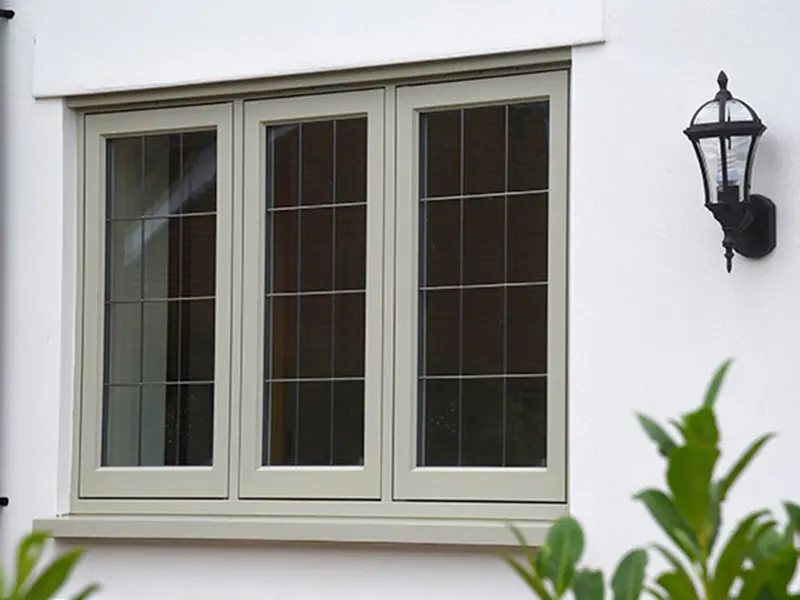
Installation and On-Site Efficiency
Every hour saved on site translates into reduced labour costs and smoother workflows. The way windows are manufactured and delivered has a direct impact on efficiency.
Installation Comparison
Ease of Installation
- Timber Windows: Fully-finished & ready-to-fit, minimal adjustments
- Aluminium Windows: Often requires on-site sealing & adjustments
- uPVC Windows: Lightweight, simple fitting, but prone to warping
Survey/Support
- Timber Windows: Full survey & fitting support available
- Aluminium Windows: Full survey & fitting support available
- uPVC Windows: Full survey & fitting support available
Impact on Labour Costs
- Timber Windows: Lower long-term – precision fit reduces rework
- Aluminium Windows: Moderate – depends on finishing
- uPVC Windows: Initially low, but rework costs can rise
Snagging Risk
- Timber Windows: Low – factory-finished, high precision
- Aluminium Windows: Medium – coating damage possible
- uPVC Windows: High – seals fail, frames distort
Takeaway: Timber reduces installation risk and rework, helping contractors control site costs and deadlines.
Durability and Long-Term Performance
The real test of a product comes after it is handed over. Contractors need windows that protect their reputation and minimise callbacks.
Durability & Performance Comparison
Lifespan
- Timber Windows: 60+ years with correct care
- Aluminium Windows: 40–50 years
- uPVC Windows: 20–30 years
Maintenance
- Timber Windows: Medium – factory coatings & warranties
- Aluminium Windows: Medium – powder coat needs upkeep
- uPVC Windows: High – prone to discolouration & cracking
Weather Resistance
- Timber Windows: Excellent with treated finishes
- Aluminium Windows: Strong but can corrode in coastal areas
- uPVC Windows: Weak – warps under temperature changes
Warranty Protection
- Timber Windows: Comprehensive, covers defects & finish
- Aluminium Windows: Limited to structural integrity
- uPVC Windows: Often minimal
Takeaway: Timber provides the strongest long-term durability and warranty support, reducing post-build risks for contractors.
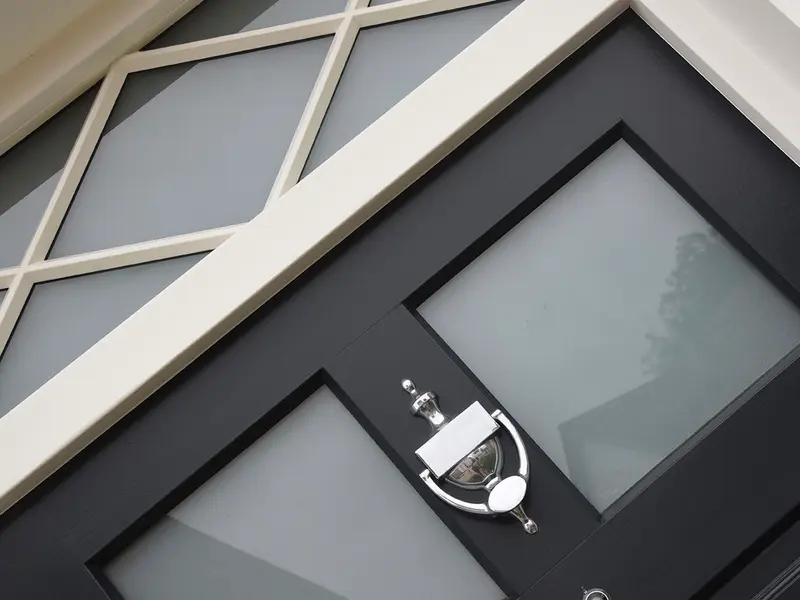
Meeting Regulations and Client Expectations
Building regulations regarding energy efficiency and sustainability are becoming increasingly stringent, placing greater responsibility on contractors to deliver products that meet these standards. Timber windows offer a clear advantage with strong thermal performance (supporting EPC compliance) and sustainable sourcing credentials, both of which are increasingly valued by clients and end buyers.
At Mumford & Wood, every product is designed and tested to ensure full compliance with current building regulations. Whether you’re working on a modern new build or a sensitive listed property, you can be confident our windows meet the highest standards for performance, sustainability, and long-term reliability.
Choosing Confidence on Site
While aluminium and uPVC may seem like quicker or cheaper fixes, they often introduce long-term problems, ranging from snagging costs to warranty gaps. Timber windows offer the best balance, combining efficient installation, strong compliance, long warranties, and proven durability. For builders and contractors managing site pressures, timber windows aren’t just a material choice; they’re a safeguard for reputation, budgets, and timelines.
Partner with Mumford & Wood for your next project and see the difference that fully compliant, sustainably sourced timber windows can make. Request an estimate today and move forward with confidence.
